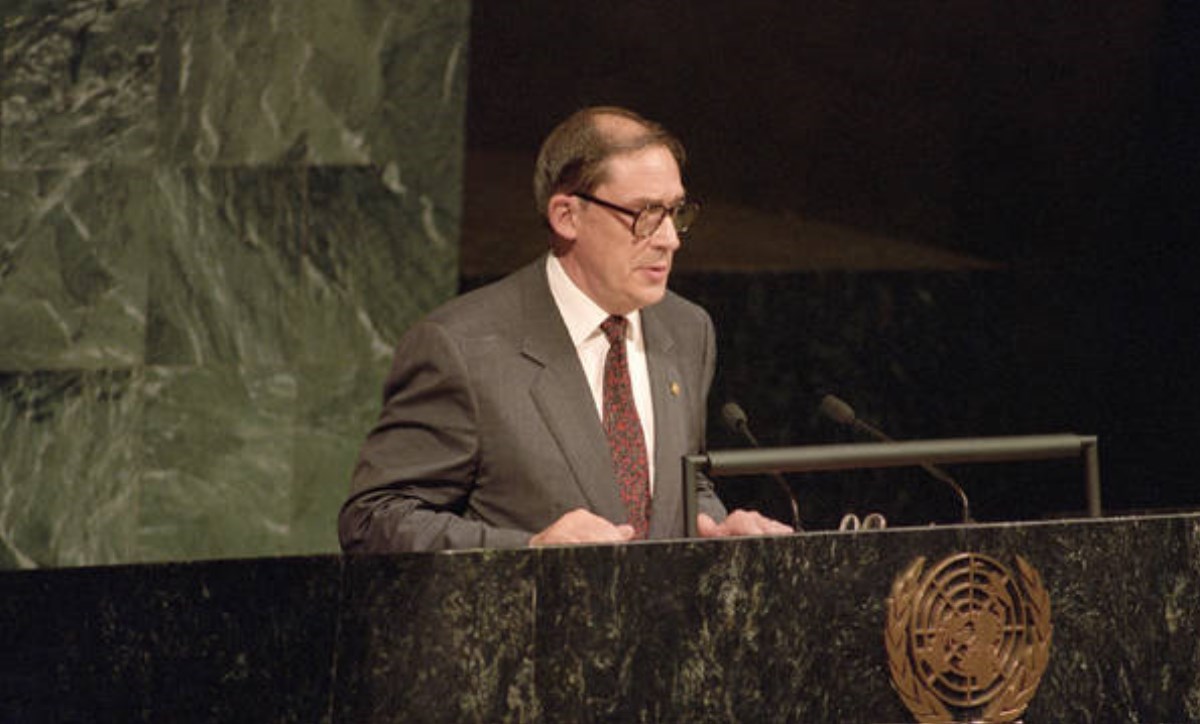Projects

With the approval of the 1993 Constitution, Andorra not only experienced the substantial internal transformations of becoming a state. Simultaneously, it became another international actor, a new state in the concert of nations. Four events that occurred in 1993 clearly symbolize this reality: Articles 64, 65 and 72.2 of the Constitution, which entitle the Parliament and the Government (and no longer the Co-Princes) as responsible for foreign policy; the appointment of Antoni Armengol Aleix as the first Minister of Foreign Affairs; the signing of the Treaty of Good Neighborhood, Friendship and Cooperation between Andorra, France and Spain; and, above all, the entry into the United Nations, which meant both the culmination of the country's international recognition and the beginning of its journey in international relations, a journey that has now lasted 28 years.
With the aim of commemorating 25 years of international relations in Andorra, the Institut d'Estudis Andorrans commissioned political scientists Albert Batlle, Joan Balcells and Elvira Sánchez with an analysis of Andorra's international relations, which took the form of a report written in April 2019, which focused mainly on the description of the materialization of the practice of foreign policy in Andorra and a collection of outputs. Following the thread of that study, we are currently working on updating it and, above all, on complementing it with an analysis focused on outcomes rather than on outputs, in order to analyze how international relations have affected the evolution of Andorran society and economy in a practical sense.

 Yvan Lara
Yvan Lara